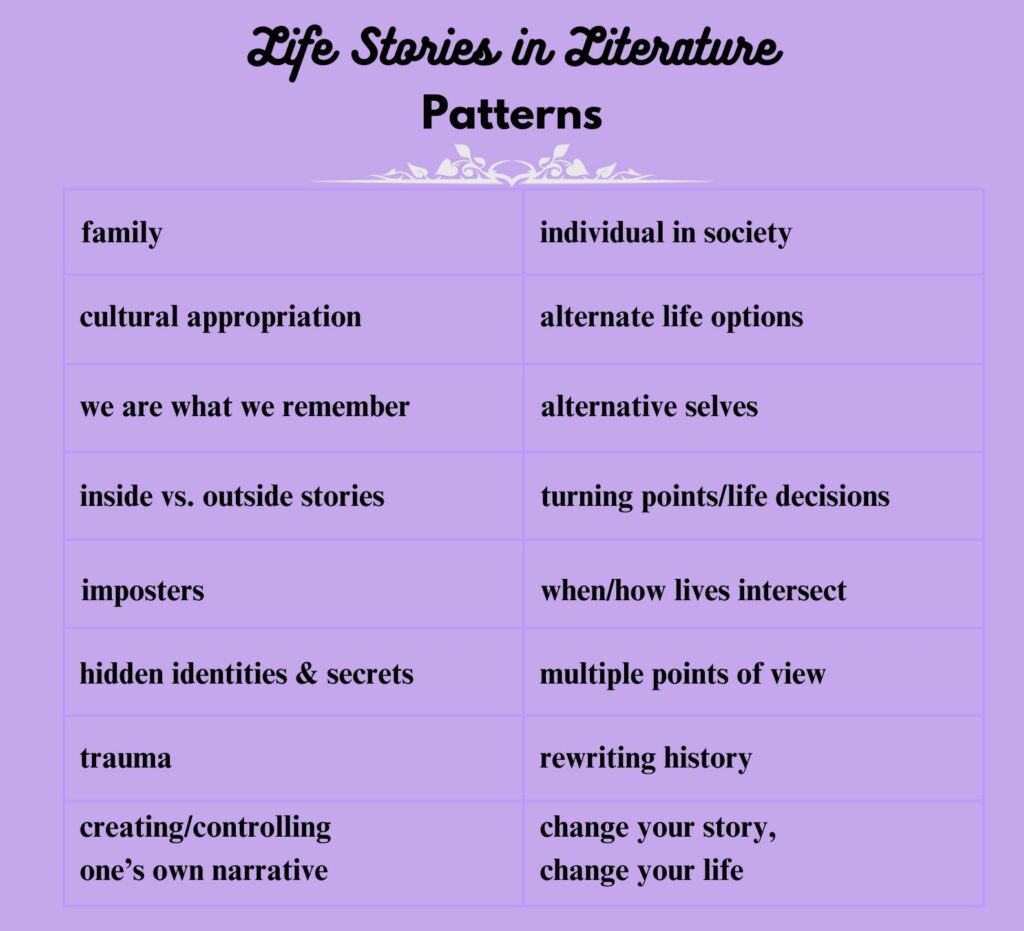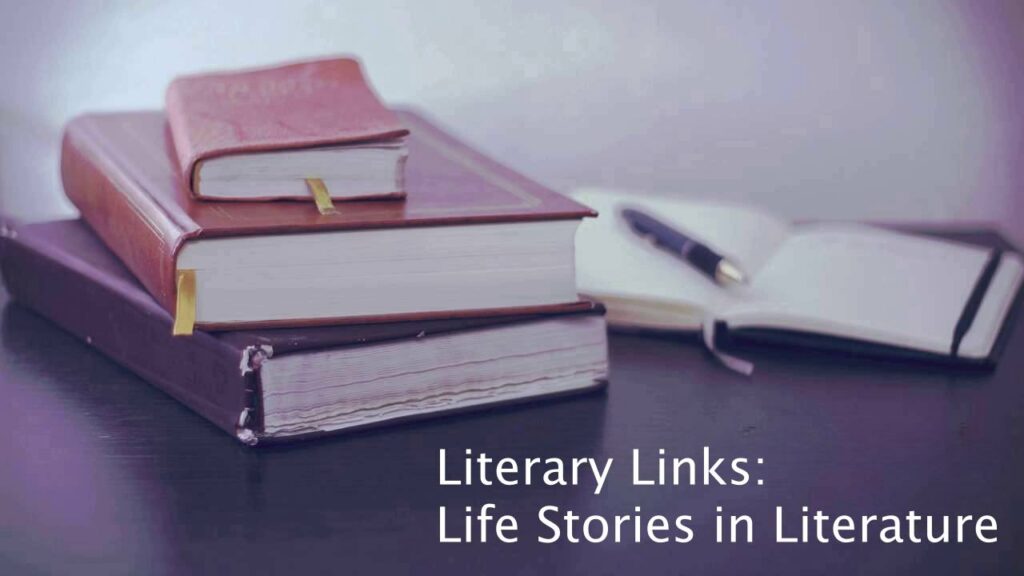
Texas county reverses classification of Indigenous history book as fiction
This controversy over the classification of a children’s Native American history book in a Texas county north of Houston occurred in October 2024.
A Texas county on Tuesday reversed a decision to reclassify a children’s book on Native American history as fiction after the move drew anger from authors, advocates and one of the world’s largest publishing companies.
These Rare Artifacts Tell Medieval Women’s Stories in Their Own Words
“A new exhibition at the British Library explores the public, private and spiritual lives of such figures as Joan of Arc, Christine de Pizan and Hildegard of Bingen”
The article contains numerous illustrations of the artifacts that help to display the stories of women’s lives.
Andrés Neuman’s Imaginative Studies of the Self
Two works by Andrés Neuman, newly translated and released concurrently, reveal the Argentinian-Spanish writer engaged in the deep work Cortázar’s Morelli describes: a writer immersing himself in his deepest source material to better understand who he is, and the remote, occluded origins of his creative impulse.
The Magic Mountain Saved My Life
“When I was young and adrift, Thomas Mann’s novel gave me a sense of purpose. Today, its vision is startlingly relevant.”
George Packer describes his experience, at age 22, of “a terrifying void of meaning in the universe. I had never noticed the void before, because I had never been moved to ask the questions Who am I? What is life for? Now I couldn’t seem to escape them, and I received no answers from an empty sky.”
“I might have lost my mind if not for The Magic Mountain,” he explains.
How to tell a better story
“Personal stories have the power to connect, entertain, persuade. Use a pro storyteller’s tips to pick and prepare a great one”
“I can tell you for sure that the ability to tell good personal stories isn’t something you’re just born with,” writes Micaela Blei. “It’s something that anyone can learn, practise and enjoy.”
Living without mental imagery may shield against trauma’s impact
London writer J.B. Smith describes aphantasia, the inability to form mental imagery, and how having it may have protected him from the most extreme effects of PTSD (post-traumatic stress disorder) after he was assaulted. Understanding aphantasia may help neuroscience develop ways to treat the most debilitating symptoms of PTSD.
Many worlds, many selves
“If it’s true that we live in a vast multiverse, then our understanding of identity, morality and even God must be reexamined”
I’ve written before about my fascination with the multiverse as a metaphor for life possibilities. Here Emily Qureshi-Hurst, a philosopher on the Faculty of Divinity at the University of Cambridge in the U.K., discusses what she calls the Many-Worlds interpretation of quantum physics, which posits that “the splitting of worlds is not only possible, it is ubiquitous.”
I enjoyed reading this philosophical exploration that considers the issues of freedom, personal identity, and moral responsibility. Qureshi-Hurst concludes, “One solution I am currently exploring is the idea that who we are is determined by a narrative thread of our own weaving. On this view, who I am is no more nor less than my own internal self-conception, shaped by memory, desire, emotion, experience and embodiment.” In other words, she’s looking at life-story psychology for answers.
Unburden Yourself of Secret Shame and Feel Happier
“If you have a guilty secret that’s making you miserable, you have options.”
For those of us who are not academic philosophers like Emily Qureshi-Hurst of the article above, Arthur C. Brooks, a contributing writer at The Atlantic, suggests turning to literature such as Edgar Allan Poe’s 1843 short story “The Tell-Tale Heart.” This story, Brooks explains, demonstrates what can happen when people try to keep a guilty secret.
“Psychologists call the secrets we keep about ourselves self-concealment,” Brooks writes. He goes on to discuss common theses of secrets, how keeping secrets can produce both guilt and shame, and how we may try to conceal our secrets not only from other people but from ourselves as well.
Much of what Brooks says here explains why secrets play such a big part in psychological fiction.
Writing lives
“The life story of the biography, from Victorian glorification to Bloomsbury boldness to contemporary obliquity”
In considering the life story of biography from Victorian times to the present, D.J. Taylor concludes that “the best kind of contemporary biography tends to obliquity, to odd angles and coigns of vantage that sometimes leave the subject stranded in a kind of no-man’s-land where the real action is going on beyond the perimeter fence.”
Are Millennials Ruining Divorce, Too?
Kelli María Korducki looks at a category of books she calls “an emerging literary subgenre I’ll call ‘Millennial Divorce Books,’ comprising a number of recent or forthcoming titles by women authors in their thirties to early forties, with the books set in motion, as advertised, by a divorce.” But, she insists, these books aren’t really about divorce. “Instead, these books explore what it means to wrest control of one’s story in the face of a rupture whose cosmic implications are muddier than ever.”
Korducki concludes that in these books, “Women are the captains of their destinies and owners of their mistakes. The possibilities are thrilling.”
Soft medium, hard truths – National Endowment for the Arts recognizes a Navajo quilter
I can’t write an adequate summary of this article through my tears. Read about how a Native American artist tells her family and cultural history through quilting. Preserving these stories is an important feature of narrative identity theory.
© 2024 by Mary Daniels Brown


Classifying indiginous history as fiction is beyond appalling. At least one Texas judge had the intestinal fortitude to stand up for the truth.